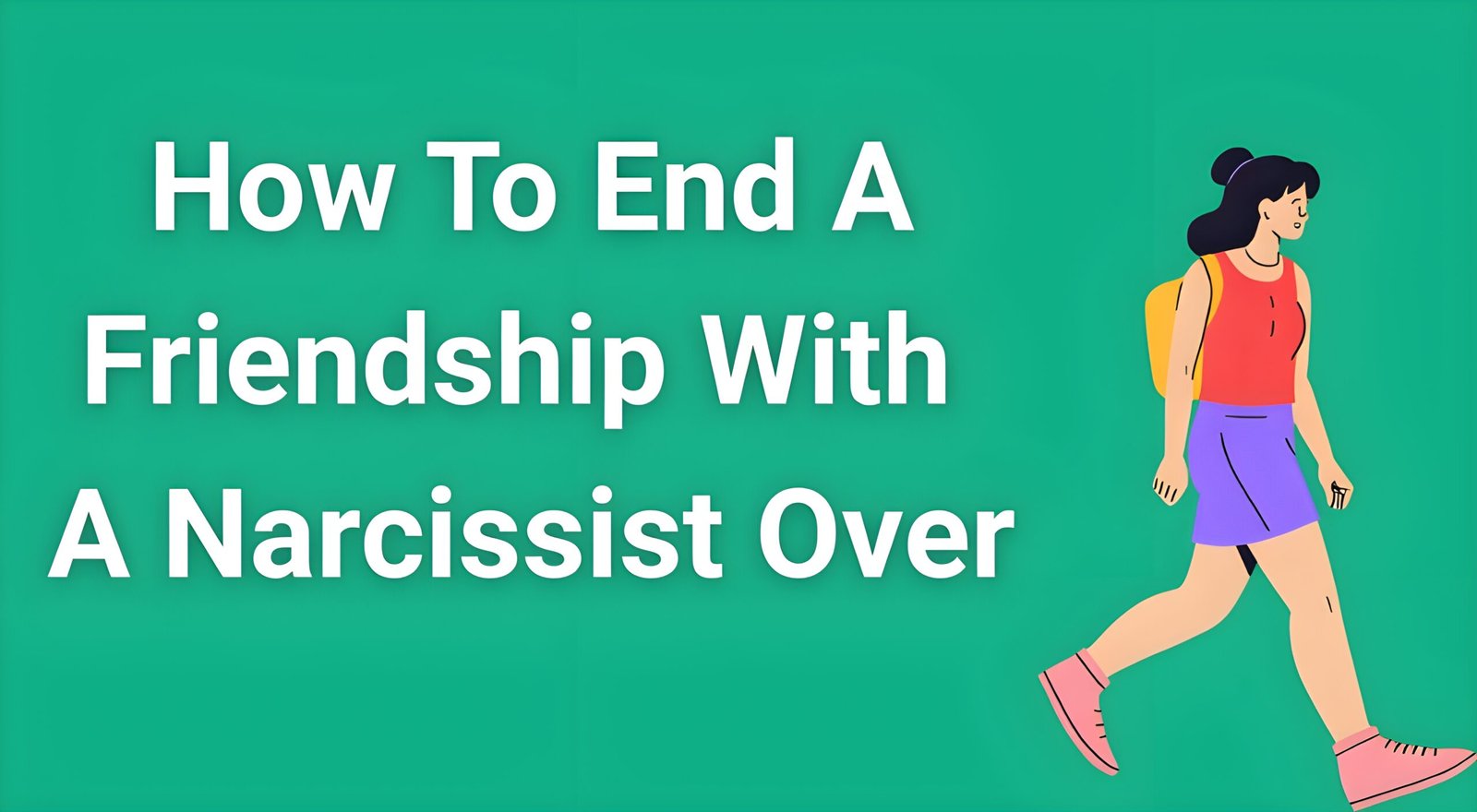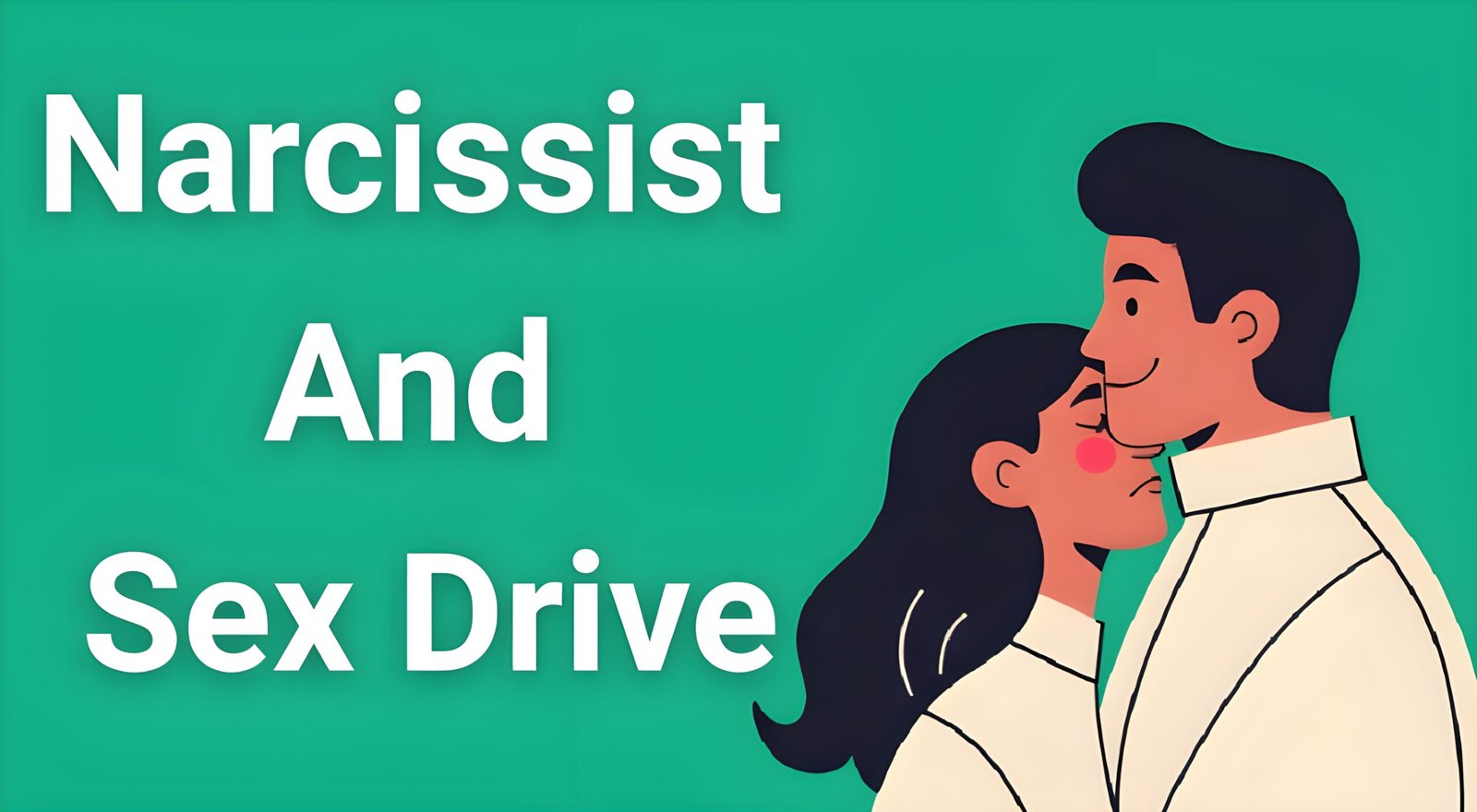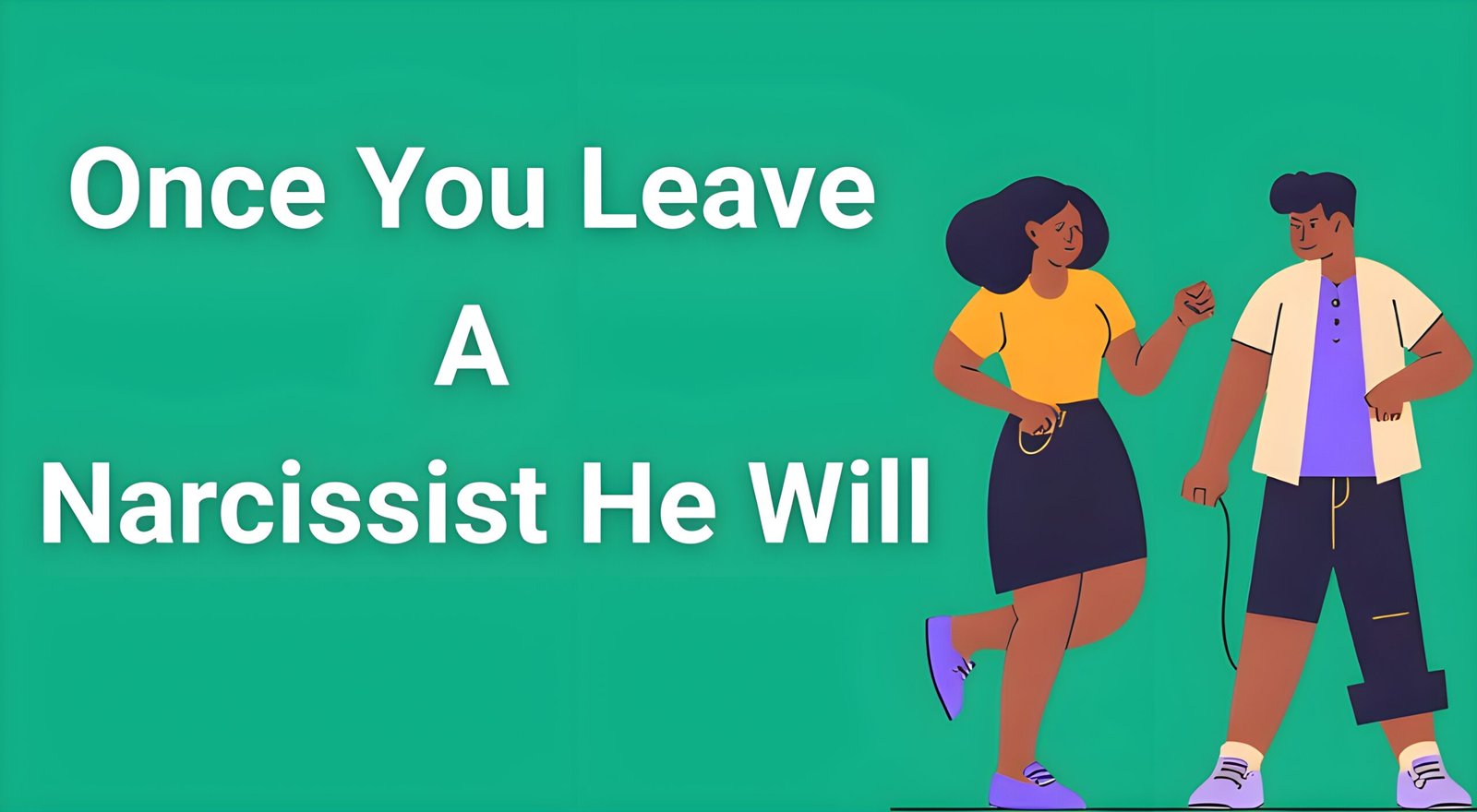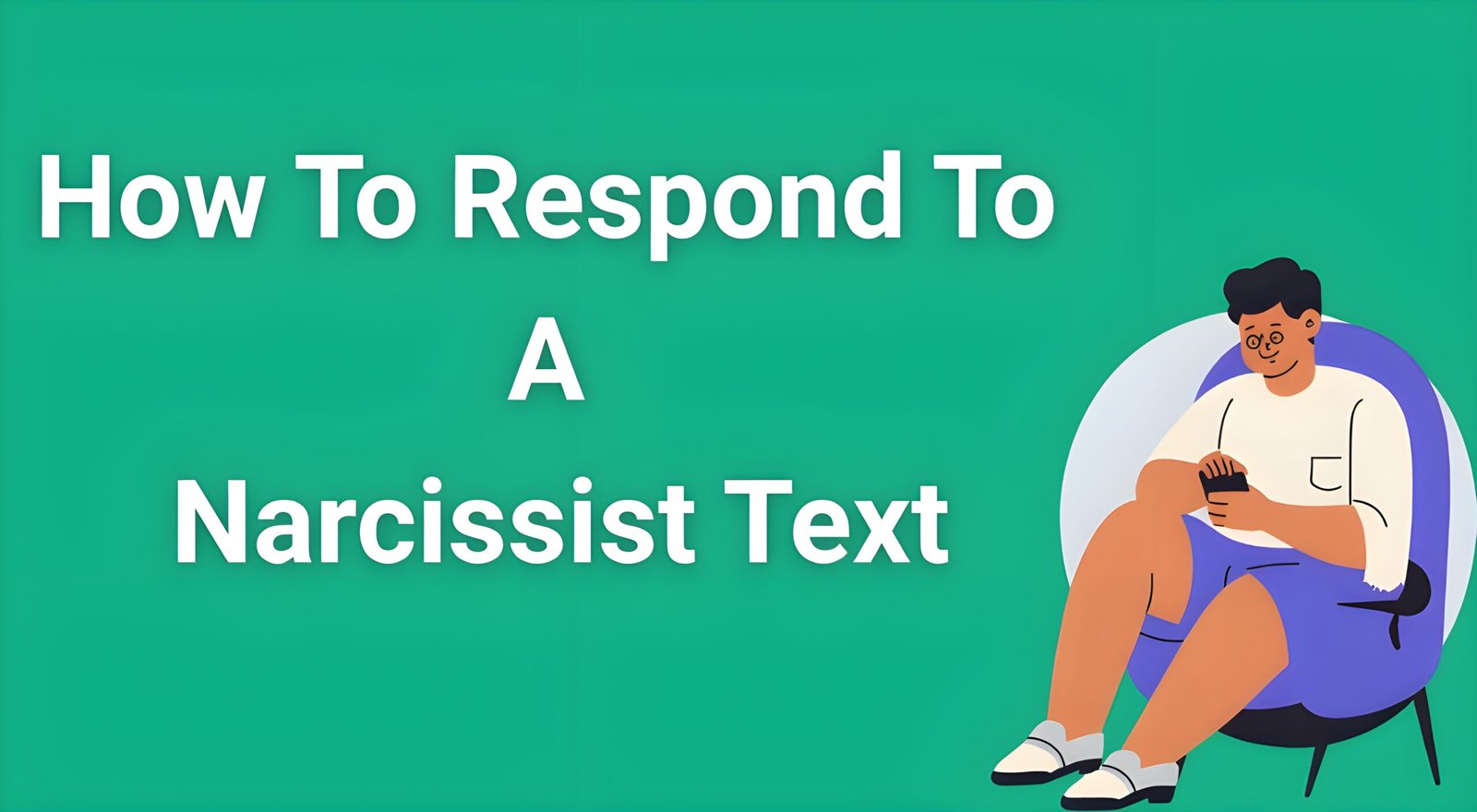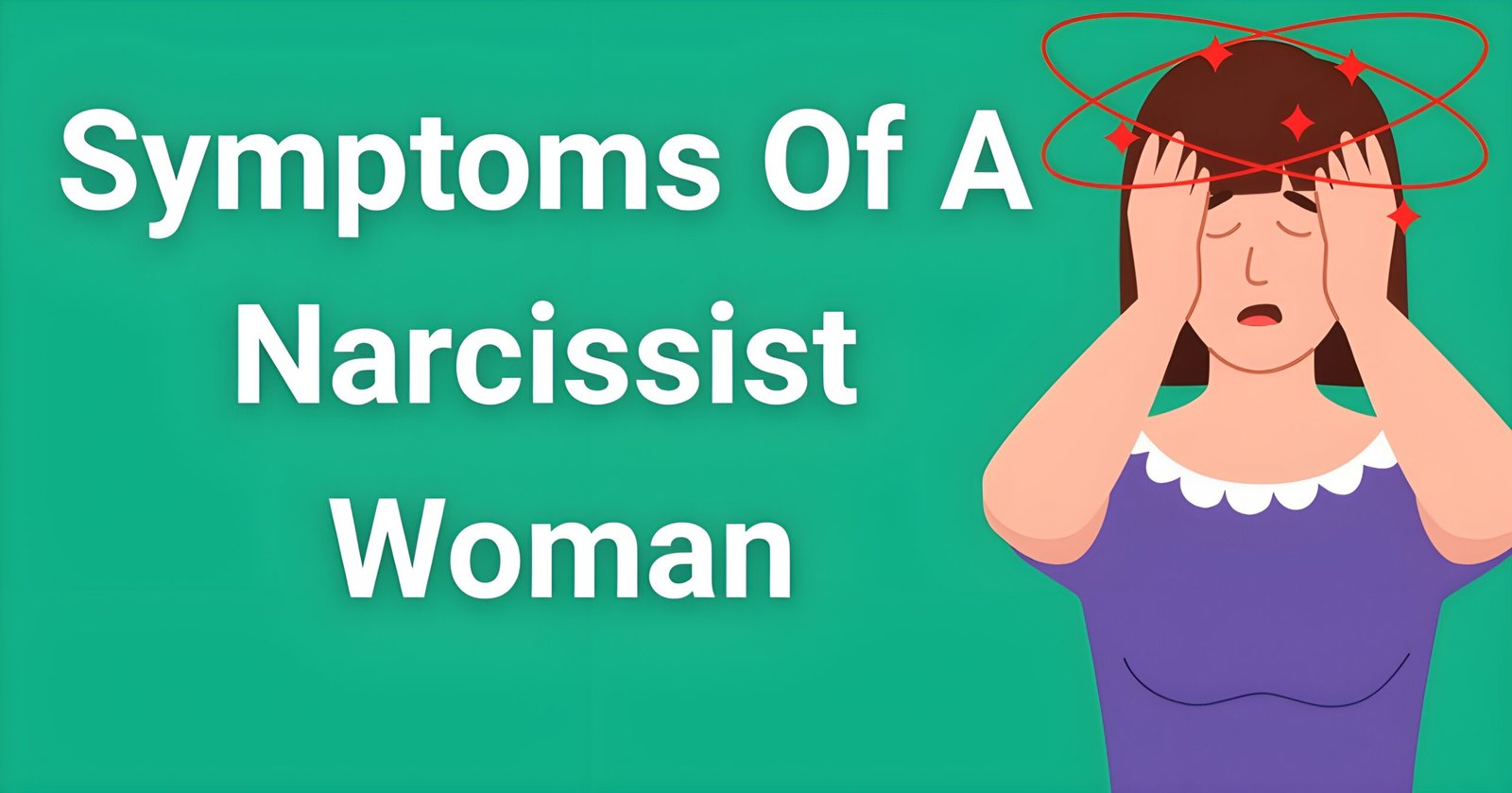The moment you realize you need to learn how to end a friendship with a narcissist, you’ve likely already endured months or years of emotional manipulation, gaslighting, and one-sided conversations that left you questioning your own sanity. Unlike ending other friendships that simply fade naturally, breaking free from a narcissistic friend requires strategic planning, emotional preparation, and most importantly, understanding that the confusion you feel isn’t your fault.
- Understanding Why Ending a Narcissistic Friendship Feels So Difficult
- Step 1: Document the Reality of Your Relationship
- Step 2: Build Your Support Network Before Making Any Moves
- Step 3: Set Clear Internal Boundaries and Expectations
- Step 4: Gradually Reduce Contact and Availability
- Step 5: Stop Enabling Their Narcissistic Behavior
- Step 6: Prepare for Escalation and Manipulation Tactics
- Step 7: Execute the Final Break Using the Method That Ensures Your Safety
- Step 8: Focus on Healing and Building Healthy Relationships
- Recognizing When Professional Help Is Necessary
- Frequently Asked Questions About Ending Narcissistic Friendships
- Moving Forward: Building the Life You Deserve
Narcissistic friendships create unique psychological challenges that make typical friendship advice completely inadequate. The intermittent reinforcement of kindness followed by cruelty creates what psychologists call trauma bonding, making it feel impossible to simply “walk away” despite knowing the relationship is harmful. This comprehensive guide will walk you through the exact steps mental health professionals recommend for safely ending these toxic connections.
Understanding Why Ending a Narcissistic Friendship Feels So Difficult
Before diving into the practical steps, it’s essential to understand why ending a friendship with a narcissist feels dramatically different from ending healthy relationships that have simply run their course. Narcissistic individuals employ sophisticated psychological manipulation tactics that create emotional dependency, even when you consciously recognize their harmful behavior.
The cycle typically begins with love bombing, where your narcissistic friend showers you with excessive attention, gifts, and praise. This creates an addictive high that your brain begins to crave. When they inevitably withdraw this attention or become cruel, your nervous system goes into panic mode, desperately seeking to return to that initial high. This neurological response explains why you might find yourself apologizing for things you didn’t do or accepting treatment you would never tolerate from anyone else.
Research in neuroscience shows that these friendship patterns activate the same brain regions involved in substance addiction. The unpredictable nature of when kindness versus cruelty will appear creates intermittent reinforcement, one of the most powerful psychological conditioning mechanisms known to science. Understanding this helps you recognize that feeling trapped isn’t a character flaw – it’s a normal biological response to psychological manipulation.
Many people struggling to end narcissistic friendships also deal with what’s called abuse amnesia, where your mind minimizes or forgets the worst incidents while magnifying the good moments. This protective mechanism makes it even harder to maintain clarity about why the friendship needs to end.
Step 1: Document the Reality of Your Relationship
The first crucial step in how to end a friendship with a narcissist involves creating an objective record of your interactions that you can reference when self-doubt creeps in. Narcissistic individuals are masters at rewriting history and making you question your memory of events, so having concrete evidence becomes your anchor to reality.
Start by writing down specific incidents that made you uncomfortable, angry, or confused. Include dates, exact words spoken, and how each situation made you feel. Focus particularly on moments when your friend dismissed your feelings, made everything about themselves, or violated boundaries you had clearly communicated. Don’t edit or minimize these experiences – record them exactly as they occurred.
Pay special attention to patterns rather than isolated incidents. Notice how conversations consistently redirect to their problems, how your achievements are downplayed or ignored, or how you find yourself constantly making excuses for their behavior to other people. Document times when they’ve shown up late or cancelled plans last minute, when they’ve shared your personal information without permission, or when they’ve made you feel guilty for having other friends or interests.
This documentation serves multiple purposes beyond simply ending the friendship. It helps you identify red flags for future relationships and provides validation when the narcissist inevitably attempts to gaslight you about your decision to leave. Many people find that reading their own words weeks later reveals patterns they couldn’t see while living through the daily manipulation.
Consider also noting the physical and emotional symptoms you experience around this person. Do you feel anxious before seeing them? Do you find yourself walking on eggshells during conversations? Do you feel drained and emotionally exhausted after spending time together? These bodily responses are valuable data about the relationship’s impact on your wellbeing.
Step 2: Build Your Support Network Before Making Any Moves
Ending a friendship with a narcissist should never be attempted in isolation. These individuals often work systematically to isolate their targets from other sources of support, making it crucial to rebuild and strengthen your connections with trustworthy people before initiating any confrontation or boundary-setting.
Identify friends, family members, or colleagues who have consistently shown genuine care for your wellbeing without expecting anything in return. These are people who listen when you speak, remember important details about your life, and support your goals and dreams. Start spending more intentional time with these individuals and gradually share your concerns about your narcissistic friend.
Be prepared for mixed reactions when you start opening up about your experience. Some people may minimize your concerns, especially if the narcissist has been charming in group settings. Others might express relief and share that they’ve noticed concerning behavior but didn’t feel comfortable saying anything. The goal isn’t to convince everyone of your perspective, but rather to identify who can provide genuine emotional support during a difficult transition.
Consider connecting with a therapist who has specific experience with narcissistic abuse recovery. Traditional relationship counseling often falls short when dealing with these dynamics because it assumes both parties are operating in good faith. Specialized professionals understand the unique psychological impact of narcissistic relationships and can provide targeted strategies for healing.
Support groups, both online and in-person, can offer incredible validation and practical advice from others who have navigated similar situations. Hearing other people describe experiences that mirror your own helps combat the isolation and self-doubt that narcissistic friendships create. When you’re ready to take more structured action toward healing, resources like comprehensive trauma bond recovery programs can provide day-by-day guidance for rewiring the psychological patterns these relationships create.
Step 3: Set Clear Internal Boundaries and Expectations
Before setting external boundaries with your narcissistic friend, you must first establish clear internal boundaries – non-negotiable standards for how you will allow yourself to be treated and what behaviors you will no longer excuse or enable. This internal work provides the foundation for all external actions and helps you stay consistent when manipulation tactics intensify.
Write down specific behaviors you will no longer tolerate, such as interrupting you constantly, making cruel jokes at your expense, showing up uninvited to your events, or demanding your time and attention without consideration for your schedule. Be explicit about what crossing these boundaries looks like and what your response will be.
Equally important is identifying the manipulation tactics they use to pull you back into dysfunction. Common patterns include love bombing after periods of coldness, playing the victim when confronted about their behavior, triangulating by bringing other people into conflicts, or using your own vulnerabilities against you. Recognizing these patterns in advance helps you respond from logic rather than emotion when they inevitably occur.
Prepare yourself mentally for the reality that your narcissistic friend will not respect these boundaries and will likely escalate their behavior when they sense you pulling away. This isn’t personal vindictiveness – it’s a predictable response to losing control over their source of narcissistic supply. Expecting this escalation helps you stay grounded when it happens rather than interpreting it as evidence that you’re making a mistake.
Consider also setting boundaries around your own behavior, such as committing to not defending or explaining your decisions to maintain your peace of mind. Many people get trapped in lengthy justifications that only provide more opportunities for manipulation. Your internal boundary might be that you state your position once and then disengage from further discussion.
Practice self-compassion as you work through this process. Ending any long-term relationship involves grief, even when that relationship was harmful. Allow yourself to feel sad about losing the good moments while remaining committed to protecting your overall wellbeing.
Step 4: Gradually Reduce Contact and Availability
Rather than attempting an immediate, dramatic break, most mental health professionals recommend gradually reducing your availability and responsiveness to create emotional distance while maintaining your safety. This approach, sometimes called the “gray rock method” or “strategic disengagement,” helps you begin the separation process while minimizing explosive reactions.
Start by taking longer to respond to text messages, emails, and phone calls. If you typically respond within minutes, begin waiting several hours or even until the next day. When you do respond, keep your messages shorter and less personal. Instead of engaging in lengthy emotional conversations, provide brief, factual responses that don’t invite further discussion.
Reduce the frequency and duration of your interactions gradually. If you typically spend hours together weekly, begin suggesting shorter activities or declining some invitations. When making excuses, keep them simple and don’t over-explain your reasons for being unavailable. Phrases like “I have other commitments” or “I’m not available that day” provide sufficient information without giving material for arguments or manipulation.
Stop sharing personal information about your life, relationships, work challenges, or exciting developments. Narcissistic individuals often use personal details as ammunition for future manipulation or criticism. Instead, keep conversations focused on neutral topics and deflect attempts to dig into your private business.
Notice how they respond to your reduced availability and use this information to inform your next steps. Healthy friends might express concern about your wellbeing or ask if they’ve done something wrong, then respect your need for space when you provide reassurance. Narcissistic individuals typically respond with escalating demands for attention, guilt trips about your selfishness, or attempts to create drama that forces you back into engagement.
During this phase, many people discover just how much mental and emotional energy the relationship was consuming. Use this newfound space to reconnect with activities, interests, and relationships that bring you genuine joy and fulfillment.
Step 5: Stop Enabling Their Narcissistic Behavior
One of the most challenging aspects of learning how to end a friendship with a narcissist involves recognizing and stopping the ways you’ve inadvertently enabled their problematic behavior. This isn’t about blame or shame – it’s about understanding how narcissistic individuals train the people around them to provide constant validation and accommodation.
Examine the ways you’ve been providing what therapists call “narcissistic supply” – the attention, admiration, and emotional reactions that fuel their sense of superiority. This might include always being the listener while never sharing your own problems, consistently praising their achievements while yours go unacknowledged, or rushing to comfort them during their frequent crises while your own needs remain unmet.
Stop participating in conversations where they criticize, mock, or gossip about other people. Narcissistic individuals often bond with friends through shared criticism of others, and participating in these discussions makes you complicit in their harmful behavior while also giving them material to eventually use against you.
Refuse to serve as their therapist, crisis counselor, or emotional dumping ground. While healthy friendships involve mutual support during difficult times, narcissistic individuals create constant emergencies and dramas that keep attention focused on them. You can express general sympathy (“That sounds challenging”) without diving deep into problem-solving or emotional caretaking.
Stop making excuses for their behavior to other people or yourself. Many people in narcissistic friendships become skilled at explaining away cruel comments, broken promises, or selfish actions. This protective instinct actually enables the behavior to continue by removing natural consequences.
Don’t provide immediate forgiveness when they offer superficial apologies after particularly harmful incidents. Genuine apologies include acknowledgment of specific wrongdoing, acceptance of responsibility without excuses, and concrete plans to prevent future occurrences. Surface-level apologies like “I’m sorry you felt hurt” or “Sorry if I did something wrong” are manipulation tactics designed to reset the relationship without actual change.
Step 6: Prepare for Escalation and Manipulation Tactics
When narcissistic individuals sense they’re losing control over someone who has been providing narcissistic supply, they typically escalate their manipulation tactics in predictable patterns. Understanding these patterns helps you prepare mentally and emotionally rather than being caught off-guard by their intensity.
The initial response is often love bombing – a sudden return to the charming, attentive behavior that originally drew you into the friendship. They might surprise you with gifts, excessive compliments, or promises to change their problematic behavior. This feels genuine in the moment, but it’s actually a calculated attempt to reset the relationship dynamic back to their advantage.
When love bombing doesn’t work, expect guilt trips and victim playing. They might accuse you of being selfish, ungrateful, or abandoning them during their time of need. They’re skilled at identifying your specific vulnerabilities and will use them strategically. If you’re naturally empathetic, they’ll emphasize their suffering. If you value loyalty, they’ll talk about friendship obligations.
Triangulation is another common tactic where they bring other people into the conflict to pressure you into compliance. They might tell mutual friends distorted versions of your interactions to gain sympathy and allies, or they might threaten to share your personal information or secrets unless you return to the previous relationship dynamic.
Some narcissistic individuals respond to rejection with rage and aggression, either directly or through passive-aggressive behaviors. They might spread rumors about you, attempt to sabotage your other relationships or professional opportunities, or engage in harassment through repeated unwanted contact.
Prepare specific responses to these tactics in advance so you can respond from logic rather than emotion when they occur. Phrases like “I understand you’re upset, but my decision is final” or “I’m not willing to discuss this further” help you maintain boundaries without providing additional material for arguments.
Document any escalating behavior, including screenshots of messages, dates and details of unwanted contact, and witnesses to public confrontations. This documentation may become important if the situation requires involving law enforcement or seeking a restraining order.
Step 7: Execute the Final Break Using the Method That Ensures Your Safety
The method you choose for definitively ending your friendship with a narcissist should prioritize your emotional and physical safety above social conventions or their potential reactions. There is no obligation to provide closure, lengthy explanations, or opportunities for them to change your mind.
For most situations, a brief, clear message followed by complete no-contact provides the safest and most effective approach. Your message should be factual, unemotional, and final. Something like “I’ve decided to end our friendship and won’t be maintaining contact going forward” provides sufficient information without opening opportunities for negotiation or manipulation.
Send this message through text or email rather than having an in-person conversation or phone call. Written communication allows you to craft your words carefully, prevents them from interrupting or derailing the conversation, and provides documentation of your clear communication should it become necessary later.
After sending your message, immediately block their phone number, email address, and all social media accounts. Don’t wait to see their response or give them time to mount a counterargument. Many people make the mistake of leaving communication channels open “just in case,” but this only provides opportunities for further manipulation.
Inform trusted friends and family members about your decision so they can support you and avoid inadvertently providing information about your activities to your former friend. Ask them not to share details about your life and to redirect any conversations about you back to the narcissistic individual.
In some cases, such as workplace situations or shared social circles, complete no-contact might not be immediately possible. In these situations, maintain professional politeness while keeping all interactions brief, factual, and witnessed by others when possible. Don’t engage in personal conversations or respond to attempts to reignite the friendship.
For people who share children, living situations, or business relationships with narcissistic individuals, specialized safety planning becomes crucial. Resources that focus specifically on managing unavoidable contact with narcissistic personalities can provide detailed strategies for protecting your wellbeing while meeting necessary obligations.
Step 8: Focus on Healing and Building Healthy Relationships
The final step in how to end a friendship with a narcissist involves actively working on your recovery and developing the skills to recognize and attract healthier relationships in the future. The psychological impact of narcissistic friendships often extends far beyond the specific relationship, affecting your ability to trust others, set boundaries, and recognize your own worth.
Begin by processing the grief and trauma that inevitably accompanies the end of these relationships. Even when you know the friendship was harmful, losing any significant connection creates real sadness and confusion. Allow yourself to feel these emotions without minimizing them or rushing to “move on” before you’ve truly healed.
Many people benefit from working with therapists who specialize in narcissistic abuse recovery, as traditional therapy approaches often fall short when dealing with the specific psychological patterns these relationships create. Look for professionals who understand concepts like trauma bonding, gaslighting, and complex PTSD.
Rebuild your sense of self-worth by reconnecting with your own interests, values, and goals that may have been suppressed during the narcissistic friendship. Narcissistic individuals often discourage independence and personal growth in their friends, so rediscovering who you are outside their influence becomes an essential part of healing.
Learn to recognize the early warning signs of narcissistic behavior in future relationships. These include excessive charm and attention early in the relationship, inability to handle criticism or feedback, lack of empathy for others’ experiences, grandiose stories about their achievements or importance, and subtle attempts to isolate you from other support systems.
Practice setting healthy boundaries in your existing relationships. Many people who attract narcissistic friends have difficulty saying no, advocating for their needs, or maintaining limits on their time and energy. Developing these skills helps you build more balanced, mutually supportive connections going forward.
Consider connecting with support groups or online communities of others who have experienced similar relationships. Sharing your story and hearing from others who understand these unique dynamics provides validation and practical strategies for maintaining your recovery.
For those dealing with ongoing effects like obsessive thoughts, anxiety, or difficulty trusting others, structured recovery programs can provide day-by-day guidance for rewiring the psychological patterns that narcissistic relationships create in your nervous system.
Recognizing When Professional Help Is Necessary
While many people can successfully end narcissistic friendships using the strategies outlined above, certain situations require professional intervention to ensure your safety and support your recovery. Understanding when to seek help prevents unnecessarily prolonging your suffering or putting yourself at risk.
Seek immediate professional help if your former friend engages in stalking behaviors, threats of violence, or attempts to damage your reputation or career in ways that affect your livelihood. Mental health professionals can help you develop safety plans, and law enforcement may need to be involved if criminal behavior occurs.
Consider professional support if you find yourself unable to maintain no-contact despite knowing the relationship is harmful, if you’re experiencing symptoms of depression or anxiety that interfere with your daily functioning, or if you’re having difficulty trusting your own perceptions and memories.
Many people also benefit from professional help if they recognize a pattern of attracting narcissistic individuals across multiple relationships, whether romantic, platonic, or professional. This pattern often indicates underlying issues with boundary-setting, self-worth, or attachment patterns that can be addressed through therapy.
If you’re struggling with ongoing effects like intrusive thoughts about your former friend, nightmares, panic attacks, or difficulty concentrating at work or school, these symptoms may indicate trauma responses that benefit from specialized treatment approaches.
Don’t wait until you’re in crisis to seek support. Many people find that getting professional help early in the process of ending narcissistic relationships makes the transition smoother and reduces the risk of returning to harmful patterns.
Frequently Asked Questions About Ending Narcissistic Friendships
Q: How long does it take to fully recover from a narcissistic friendship?
A: Recovery timelines vary significantly based on the length and intensity of the relationship, your support system, and whether you seek professional help. Most people notice improvement within the first few months of no-contact, but completely rewiring the psychological patterns these relationships create often takes 6-18 months of consistent effort.
Q: What if we have mutual friends who don’t understand why I’m ending the friendship?
A: Focus on maintaining your own boundaries rather than trying to convince others of your perspective. Narcissistic individuals are often skilled at appearing charming in group settings, making it difficult for others to understand your experience. True friends will respect your decision even if they don’t fully understand it.
Q: Should I warn their next targets about their behavior?
A: While the impulse to protect others is understandable, attempting to warn new people rarely succeeds and often backfires by providing the narcissist with evidence to use against you. Focus your energy on your own healing and supporting people who directly ask for your perspective.
Q: What if they try to turn our mutual friends against me?
A: Expect some relationship casualties during this process. Friends who easily believe negative stories about you without hearing your side may not have been genuine friends to begin with. Quality relationships will weather these storms, while superficial connections may fall away.
Q: How do I handle running into them in unavoidable social or professional situations?
A: Maintain polite but minimal interaction. Use phrases like “Good to see you” followed by immediately engaging with someone else or excusing yourself. Don’t provide personal updates about your life or ask about theirs beyond basic pleasantries.
Q: Is it possible for a narcissistic person to change and become a healthy friend?
A: While personality change is theoretically possible, it requires years of intensive therapy and genuine motivation to change – qualities that are extremely rare in narcissistic individuals. Basing your decisions on their potential rather than their consistent behavior patterns puts your wellbeing at risk.
Moving Forward: Building the Life You Deserve
Learning how to end a friendship with a narcissist represents more than just removing one harmful person from your life – it’s an act of self-respect that opens space for authentic connections, personal growth, and emotional freedom. The skills you develop through this process, from recognizing manipulation tactics to setting firm boundaries, will serve you throughout your life in all types of relationships.
Remember that choosing to prioritize your mental health and wellbeing over someone else’s comfort or approval isn’t selfish – it’s necessary. You deserve friendships that energize rather than drain you, that celebrate your successes rather than diminish them, and that offer genuine mutual support during both good times and challenges.
The road to recovery from narcissistic relationships isn’t always linear, and setbacks don’t mean failure. Healing happens in layers, with new insights and strength developing over time. Be patient with yourself as you rebuild your sense of identity and learn to trust your instincts again.
Your decision to end a harmful friendship, while difficult, demonstrates tremendous courage and self-awareness. These qualities will guide you toward healthier relationships and a more authentic life aligned with your values and goals. The freedom waiting on the other side of this difficult transition is worth every challenging step of the journey.

